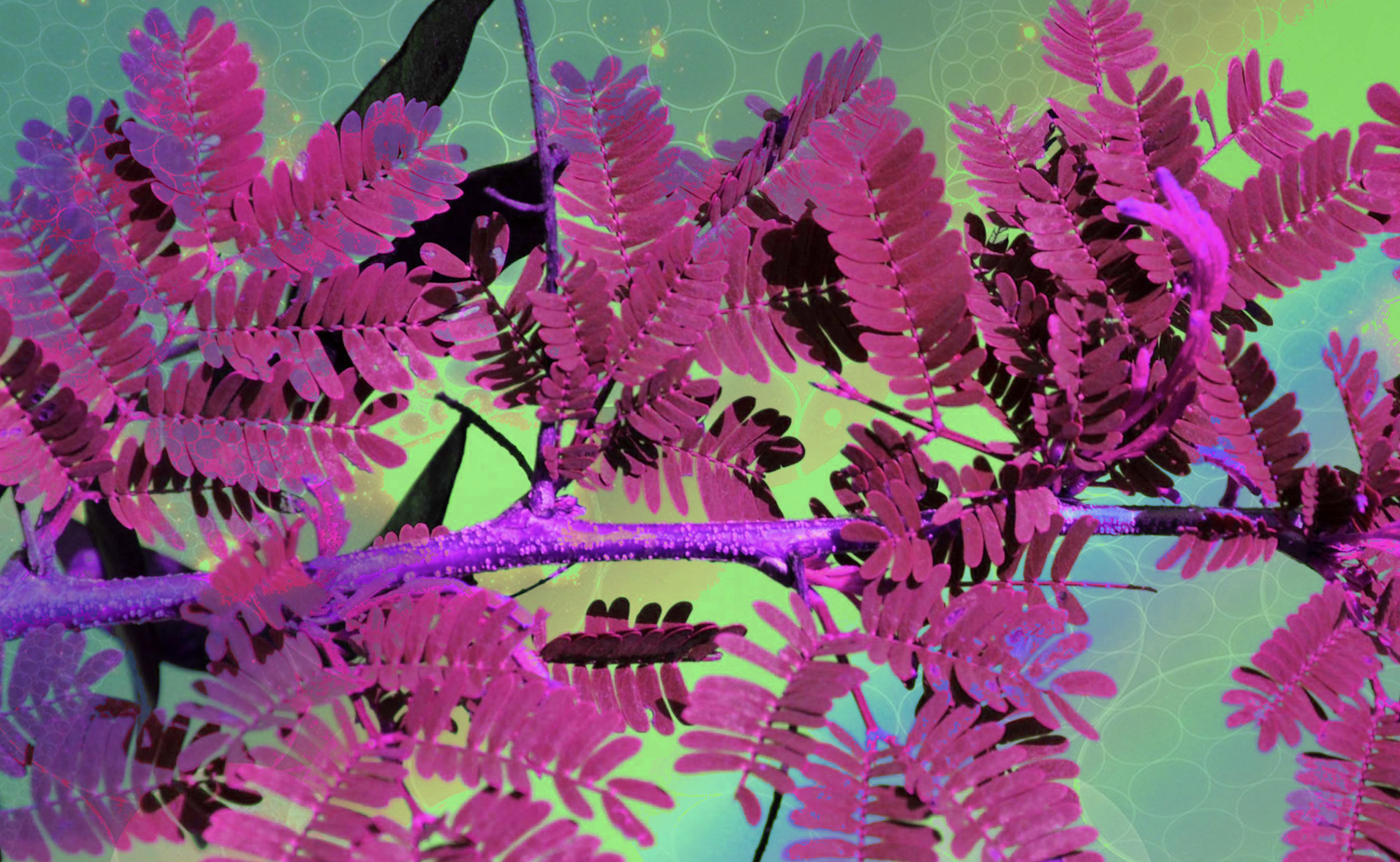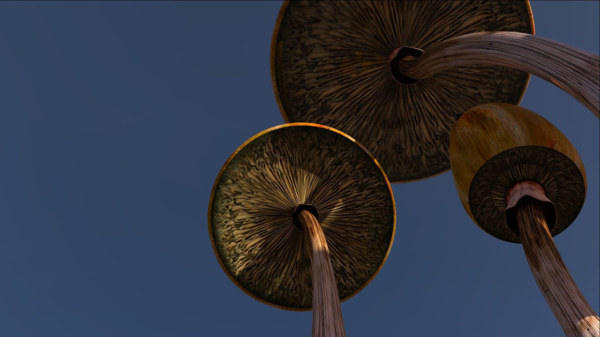The root of a Brazilian plant has been attracting attention recently for its psychedelic healing properties. Like the chacruna shrub used to brew ayahuasca, mimosa tenuiflora, otherwise known as jurema preta, contains a high concentration of the powerful psychoactive compound dimethyltryptamine (DMT).
The plant’s ability to treat people suffering from depression was the subject of a study published in a prominent Nature journal on Apr. 22. Fourteen participants vaporized DMT extracted from jurema preta roots, multiple times over the course of six months in conjunction with psychological therapy, and experienced significant relief from their symptoms as a result.
“What I’ve observed and what I find particularly interesting is its rapid effect,” said Marcelo Falchi, psychiatrist and DMT researcher at the Federal University of Rio Grande do Norte’s Brain Institute, where the research was completed. This school has been studying the psychedelic since 2022.
“We can already detect measurable results the very next day, to the point where some patients no longer show any symptoms of depression.”
The South American researchers have pointed out that vaporized DMT is advantageous compared to other psychedelics like psilocybin or LSD in that it is short-lasting while still being extremely powerful.
“Vaporized DMT offers a non-invasive, time-efficient, and cost-effective alternative to other psychedelics and traditional antidepressants, supporting its role in interventional psychiatry and public health,” the authors stated in their paper published in Neuropsychopharmacology.
DMT derived from this plant has been used for centuries by Indigenous groups in the country for healing purposes. They believe it helps them to connect with the spirit world. The native tribes also ingest it in a wine-like brew (jurema wine) and ayahuasca variation known as juremahuasca while engaging in traditional ceremonies involving drumming and dancing.
Jurema preta is a plentiful and cheap source of DMT. The primary costs are the time and equipment involved in extracting it properly.

Patient receives vaporized DMT under medical supervision during the study in Brazil. Image credit: Deutsche Welle
Read more: Psilocybin proves to be valuable weapon in fight against Parkinson’s disease
Many benefit, but not everyone does
Researchers from the Brain Institute say that although vaporizing DMT is highly beneficial for many, it does not work for others.
“We have patients who improve significantly, and others who don’t improve at all,” said Fernanda Palhano-Fontes, a neuroscientist from the institute.
This sentiment was echoed by Draulio Araujo, a physicist from the university and head of the DMT research project.
“This is not a silver bullet that’s going to take care of every problem for everyone,” he explained. “Ayahuasca and psychedelics are not for everyone just like how a roller coaster is not for everyone.”
Araujo says that him and his colleagues are aiming to conduct a much larger assessment with 100 participants for further insight.
“Let’s say that in five years we’ll have a clear picture on when it [DMT from jurema preta] will reach a real clinical setting,” Araujo said.
Important DMT study from Brazil: Rapid and sustained antidepressant effects of vaporized N,N-dimethyltryptamine: a phase 2a clinical trial in treatment-resistant depression | Neuropsychopharmacology https://t.co/xvKaC3qmMI
— Marcelo Leite (@MarceloNLeite) April 23, 2025
Read more: Psychedelic Healing Shack goes up for sale, owner sick of conflict with Detroit officials
Follow Rowan Dunne on LinkedIn
rowan@mugglehead.com














